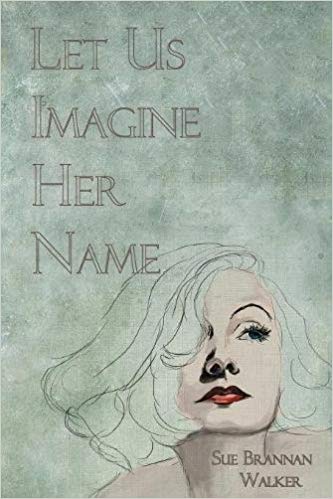Observations on Morning Light
Patricia Harkins-Pierre, Prophets of Morning Light. Mobile, Alabama: Negative Capability Press, 2014. Trade Paperback: 73 pages.
The title of Patricia Harkins Pierre’s new poetry collection, Prophets of Morning Light, presents balanced observations of life and death, love and loss, as well as family, friends, well known personalities, society in general, and the natural environment.
The opening poem, “Church in Brittany,” presents impressions of two idealistic newly weds who walk “the cliffs/on their honeymoon,” under the church wall covered with a “faded fresco”(3), that seems to foreshadow failure. The theme of frustrated romantic relationships is further explored in the poem, “Honeymoon,” where a lover’s letter arrives from Saigon bearing unwelcomed news. Accordingly, the nervous narrator complains that the unopened letter sent by her lover feels “cold …and thin”(9).
Some poems share witty perceptions of controversial political personalities. In the poem, “Sisters in Spirit,” an association is made between two former Prime Ministers, Indira Ghandi of India, and Margaret Thatcher of Britain. These two highly visible leaders run the risk of assassination because of their radical social and economic policies. Another media celebrity, Imelda Marcos, having grown widely unpopular, harbors fantasies of disappearing from public life, in the poem, “Imelda Becomes Invisible “(32).
From reading these poems, the reader will conclude that the author is a nature lover. The lush, tropical scenery of Caribbean life seems to inspire many of the poems in the collection. The title poem, “Prophets of Morning Light”(66), celebrates the wide-winged pelicans that populate the St. Thomas harbor at dawn. Other interesting poems that celebrate tropical animals, fauna and flora include: “Wanda Under the Angel Tree” (67), “Tigers in Paradise” (37), “Christmas in Paradise “(72), “Zebralight “(36), and “Love Feast: An Island Ode” (64).
The poet also pays tribute to the former noted Caribbean-American poet and colleague, Audre Lorde, in the poems, “Telling the Truth About Audre“(40), and “Sweet Flesh, Sharp Bones” (41). In another poem, “Requiem for Gene” (53), homage is paid to former University of the Virgin Islands colleague, the late Gene Emanuel.
The poems, “Grand Mother’s Saints” (17-18), “Death by Fire” (19-20), “Driving Lesson” (21), and “Grandmother’s Stockbridge” celebrate the lives to beloved family relations.
The poems are carefully crafted; the language is lively and energetic. I had fun reading these poems.
Vincent O. Cooper
University of the Virgin Islands



